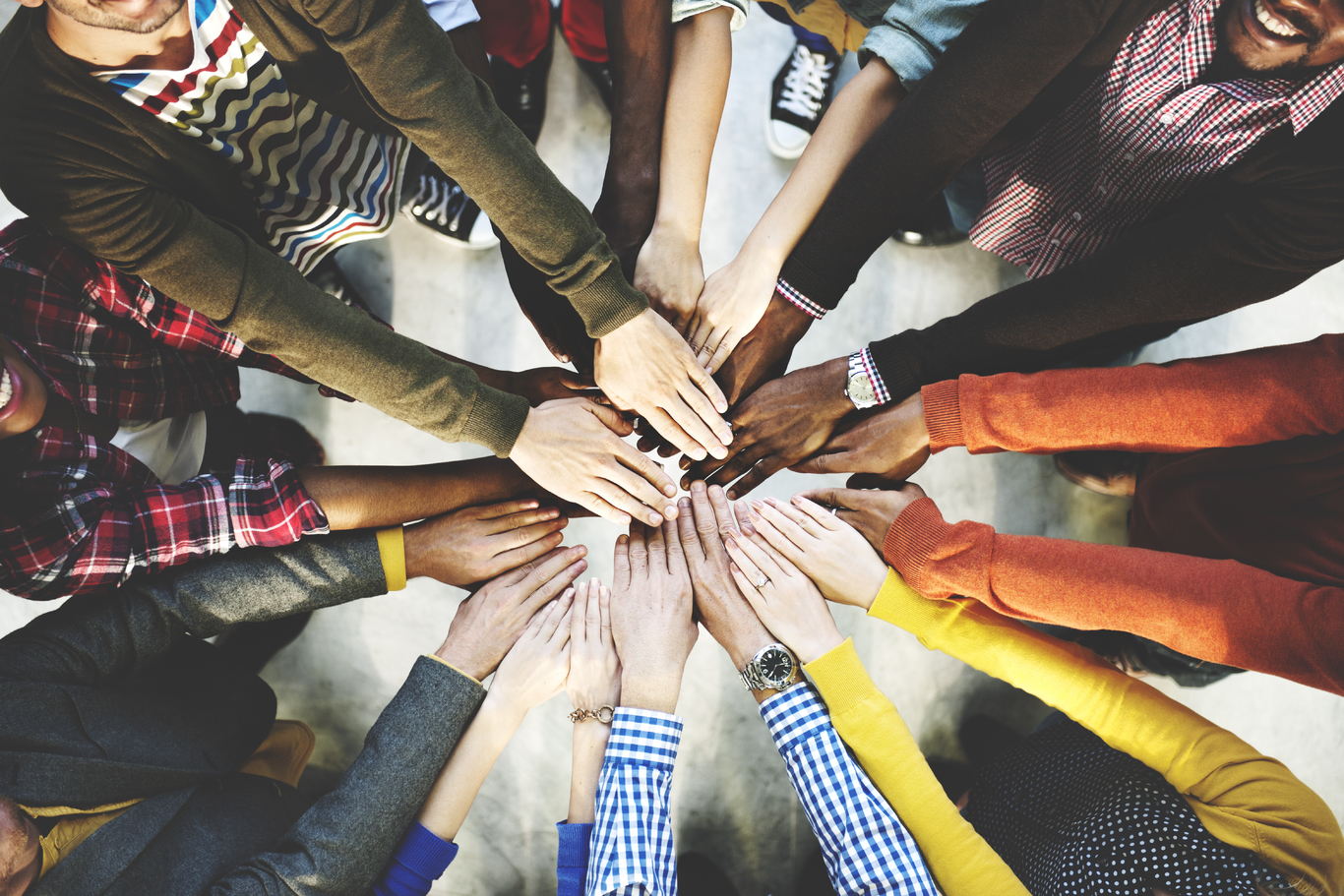Overcoming unconscious biases is crucial to developing a diverse workplace
We need more representation in the workplace for all minority groups living in Ireland
On May 13, a few days before Africa Day, I was reflecting on almost two decades of living in Ireland.
After suggesting to my company’s diversity and inclusion committee that we should celebrate Africa Day at work, I realised my journey had been one of navigating through the unconscious biases we all hold about one another, in our communities and in the workplace.
In the workplace, irrelevant factors such as age, ethnicity, gender, sexual orientation, weight, and even hair can often impact on hiring or promotion decisions made about hiring or promoting people.
But letting these unconscious biases influence decision-making often result in missed opportunities across the board.
So, what is unconscious bias anyway? Unconscious biases are the attitudes and beliefs that we have built up over time outside of our own conscious awareness.
We typically use these to help us process information quickly and efficiently, but these social stereotypes can also cause us to make unfair and unobjective decisions.
Narrative
Nineteen years ago, one of the first things I noticed when I moved to Ireland was an obvious confusion about who and what an African person was.
The media were reinforcing a very negative narrative built around malnourished babies and asylum seekers intent on cheating the Irish system, which didn’t correspond to how I thought of myself or most other Africans I knew.
I wondered about the lack of representation of the Africa that I knew to be beautiful, warm, modern and thriving. I later explored the dangers of this misleading media for my undergrad thesis, and how it fed into stereotypes of Africans living in Ireland.
Today, with more than one in ten – 11% – of those living in Ireland being a foreign national like myself, it is important that we establish ways of mitigating similar unconscious biases in the workplace.
This is all the more important for the communications industry I work in. We are often the gatekeepers of information, and have a responsibility to encourage open conversation and draw awareness to the limitations posed by our unconscious biases towards skin colour, different cultures and skills and experience.
Identity
Black Africans are often grouped together, despite the fact that Africa is a continent with 54 countries, over 3,000 ethnicities and over 2,000 spoken languages.
As an African, I first identify with my tribe, my language, my country and then my continent. Similarly, an Irish person might identify with their local village, county, country and as a European.
The idea of treating a Zimbabwean, a Kenyan or a Congolese as one and the same based on their skin colour is just as absurd as grouping together white British, Germans or Americans.
To mitigate this unconscious bias and tendency to treat different racial groups as one and the same, it’s important to encourage employees to get to know each other better.
I really do believe we all learn a lot about one another when we have open dialogue, where there are no expectations of what the answers should be, and aren’t informed by the stereotypes we’ve come to expect.
Commonality
Culturally I think there is more in common between Ireland and Zimbabwe than we often realise.
The sense of community and tribe I have experienced living in Ireland, and respect for the elderly rings true for most of us Africans.
It’s very much the concept of Ubuntu – an African philosophy and belief in the idea that I am because you are, that you and I are the same and the communal spirit of humanity.
However, we do have our differences in how we communicate. Irish people are indirect or often require the other person to “read between the lines”.
This cultural mechanism for avoiding conflicts can often be difficult for an African person to work well in.
We are brought up to speak more directly and seek clarification where we don’t understand something. This directness in an Irish culture that is very indirect can sometimes come across as aggressive.
This stereotype is reinforced when clarification is sought by asking lots of questions, and can be mistaken for a lack of intelligence or other stereotypes.
When it comes to the workplace, it can be worth formalising parts of your communication processes to ensure there is clarity for all and this type of miscommunication doesn’t arise.
Overcoming these types of unconscious biases is crucial to developing the diverse workplaces we’re all striving towards.
We need more representation in the workplace for all minority groups living in Ireland, not just Africans living in Ireland.
Carving out an inclusive environment in our communities and workplaces brings more diverse opinions, ideas and creativity in solving problems to the table, all of which result in greater success for businesses as a whole.
Stha Banks is the head of paid social at marketing communications company Core.
Get our Daily Briefing with the morning’s most important headlines for innovative Irish businesses.






